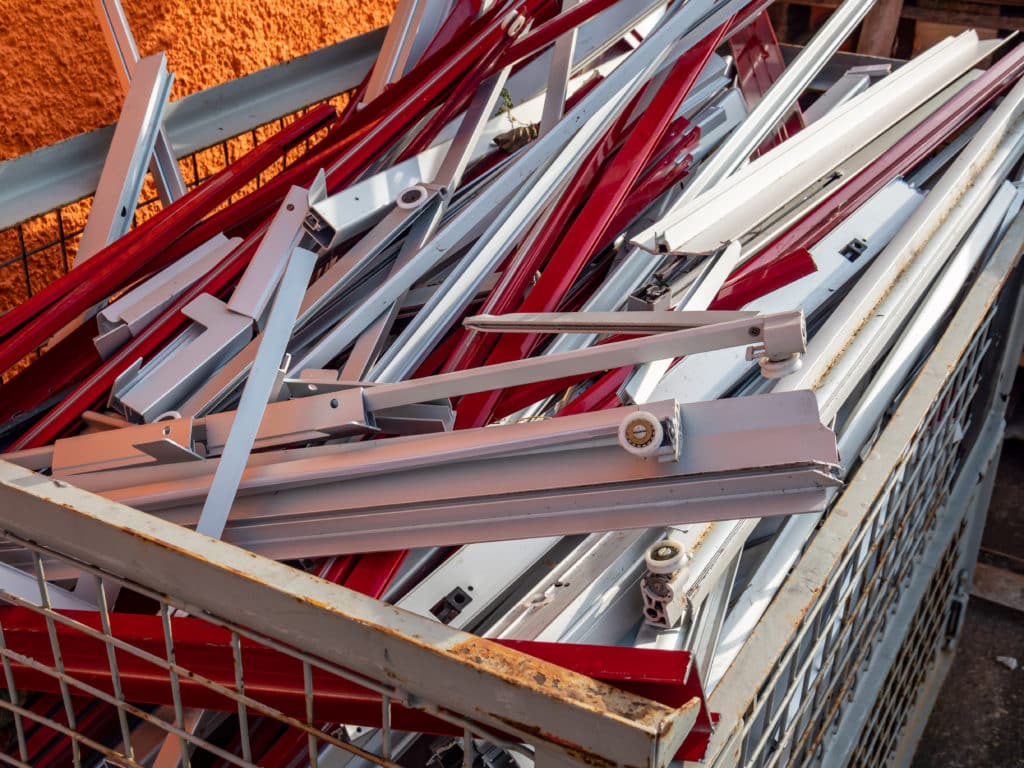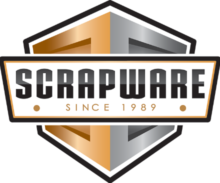New regulations for China steel scrap imports have taken effect, beginning January 1 of this year, allowing for the importation of steel and iron scrap into the country.
The regulations have been in the making for quite some time to clarify that scrap metal is a raw material for Chinese steel manufacturers and not solid waste. China moved to ban the importation of solid waste into the country at the end of 2020.

The new standards issued by China’s State Administration for Material Regulation (SAMR) regulate “Recycled Iron-Steel Raw Materials.” They set out the physical specifications for six groups of scrap metal classified as raw material eligible for import.
They delineate the size and shape of the imported iron and steel scrap and also specify the amount of impurities–such as sulfur and arsenic–that the scrap may contain. One item to note for scrap metal recyclers is that the material is not referred to as steel scrap, but as recycled steel raw materials. Exporters of iron and steel scrap to China should be sure to label the material as “recycled raw materials” and not scrap on shipping documents so that the material is not rejected. According to the Bureau of International Recycling (BIR) there is expected to be further announcements to provide information necessary to clear up confusion over what is permitted and inspection and customs parameters. For instance, the industry is waiting for clarification on which type of material is assigned to each of the harmonized tariff codes.
Last year, when the Standardization Administration of China (SAC) published its draft guidelines for the importation of recycled steel raw materials, the Institute of Scrap Recycling Industries (ISRI) submitted comments to help clarify guidelines and improve compliance. The standard was proposed by the China Iron and Steel Association (CISA).
In its comments, ISRI welcomed the guidelines to differentiate scrap metal from solid waste. ISRI recommended that the guidelines provide more clarity on recycling operations and align the Chinese standard codes with ISRI specification codes to ensure proper compliance. The trade association also recommended that the guidelines better define the word “shredding” which is a specific industry term and differentiate it from the generic word crushing. “We recommend the following explanation of shredding: A highly mechanized process of fragmentizing automobiles, appliances, scrap steel and other large recyclable materials into smaller, usable recycled commodities,” the trade association said in their comments.
The new Chinese regulations regarding iron and steel scrap imports follow up on last year’s efforts on new standards in scrap metal imports into the country.
In 2020, China issued and put into effect guidelines on new standards for the importation of both copper and aluminum scrap. The new standards set a minimum copper and aluminum content for imported material as it sought to crack down on the importation of solid waste by the end of the year.
Industry observers say that despite the new regulations, they do not expect, at least at first, that there will be a big increase in scrap import volumes, based on global prices of scrap and the market dynamics of steel mills, iron ore and scrap in China. Nonetheless, ISRI sees potential opportunity for more scrap imports into China down the road given the new guidelines. China currently relies heavily on its domestic ore industry for a raw material source for steel production. Producing steel from virgin iron ore requires more energy than producing steel using recycled material as a feedstock. According to a news release on ISRI’s website, for steel production, China is increasing their electric arc furnace (EAF) capacity. This technology encourages the utilization of scrap over virgin ore. Given this development, you could see more scrap material moving into China in the future now that the new standards are in place.
ScrapWare Corp., of Rockville, MD, has been providing software to the scrap metal recycling industry for over 30 years. ScrapWare uses an Oracle database to provide a cloud-based software solution to manage all aspects of a recycling business. With numerous modules, extensive technical support, remote installation and online training, ScrapWare helps recycling companies with compliance, efficiency and profitability. Check out ScrapWare’s website, read the user testimonials, and see its offerings for your recycling software solution.
